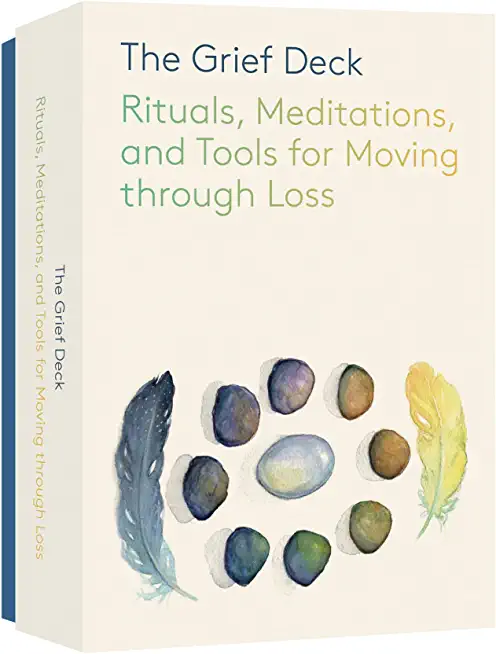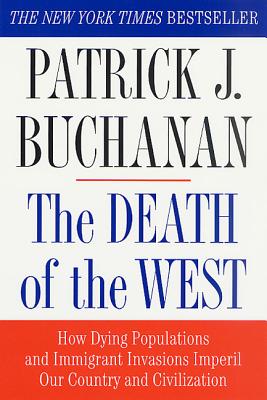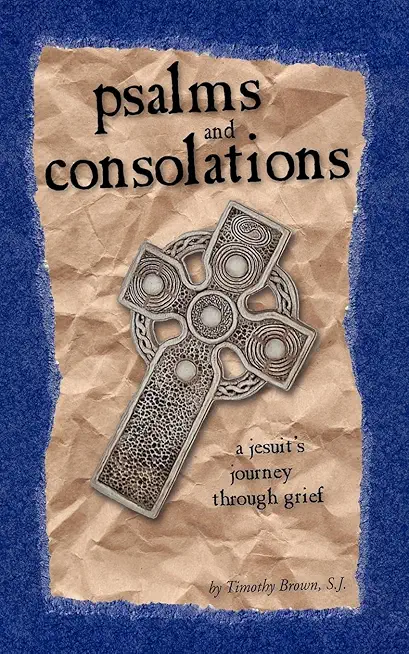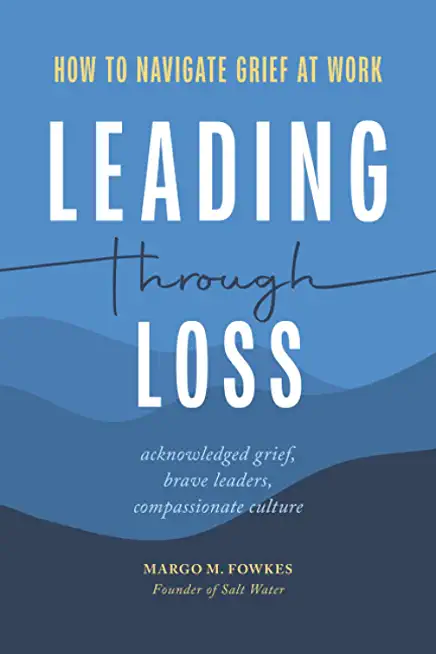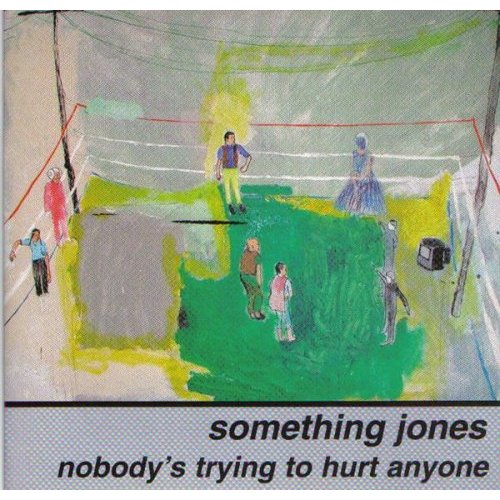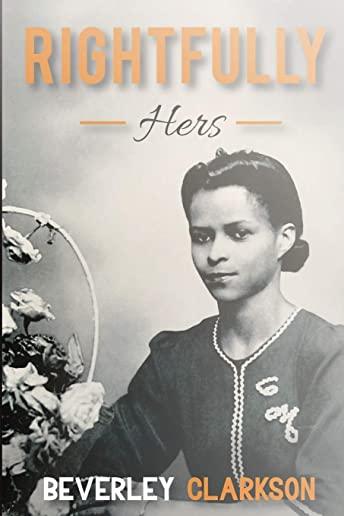
This is the second book in a trilogy about my family. The memoir is based on my mother's journal, which she wrote when I was a child. I have vivid memories of her reading to me about an abandoned little girl, not wanted by her own mother, her cruel aunt, nor years later her husband. My mother was that little girl and she spent a lifetime trying to reconcile the many shortcomings in her life. Throughout the book, my memories intertwine with her writings creating a tapestry of emotions and life experiences.
In the 1920s, my mother, Daphne, experienced the cruelty of poverty, forced to wear gunny sacks as dressings, no shoes and the emotional scars of not being wanted as a child in Jamaica, British West Indies. She arrived in Indianapolis, Indiana, in the harsh winter of 1950 to a rebuke from her Jamaican husband, angry with her for not leaving their three children with his parents on the island and joining him in America years before. It took him five years to meet immigration standards and to save money for airplane fares. Daphne was thrust into a new life with challenges of finding work, observing Jim Crow laws of this city with institutional racism, defending her offspring from their father, and finding meaningful experiences for her children in this new country, where three more children were born.
The book takes the reader through a full circle of life-supporting death while grasping the legacy of reading, writing, listening, and love. Gifts were given freely and rightfully Love wasn't given to Daphne as a child, but my mother shared, willingly, her love in abundance, enriching the lives of her children, family, and friends. My mother deserved all that was good and "Rightfully Hers," in life.
